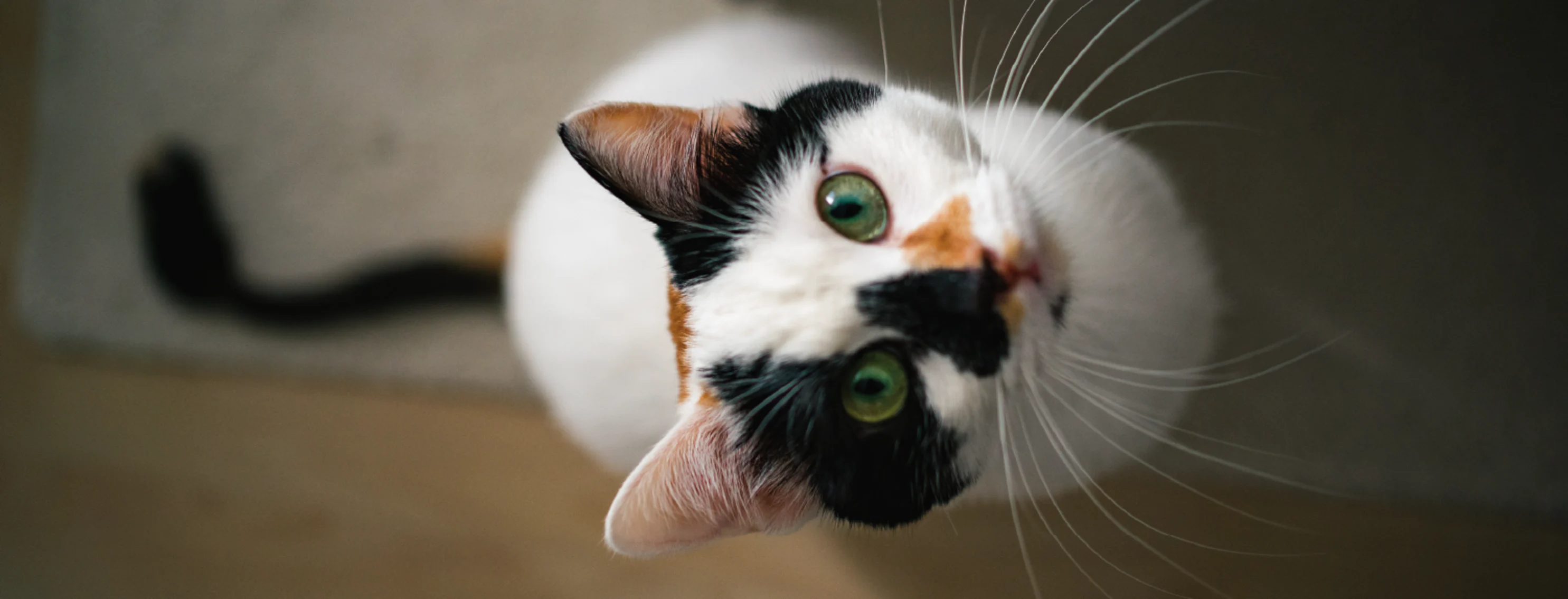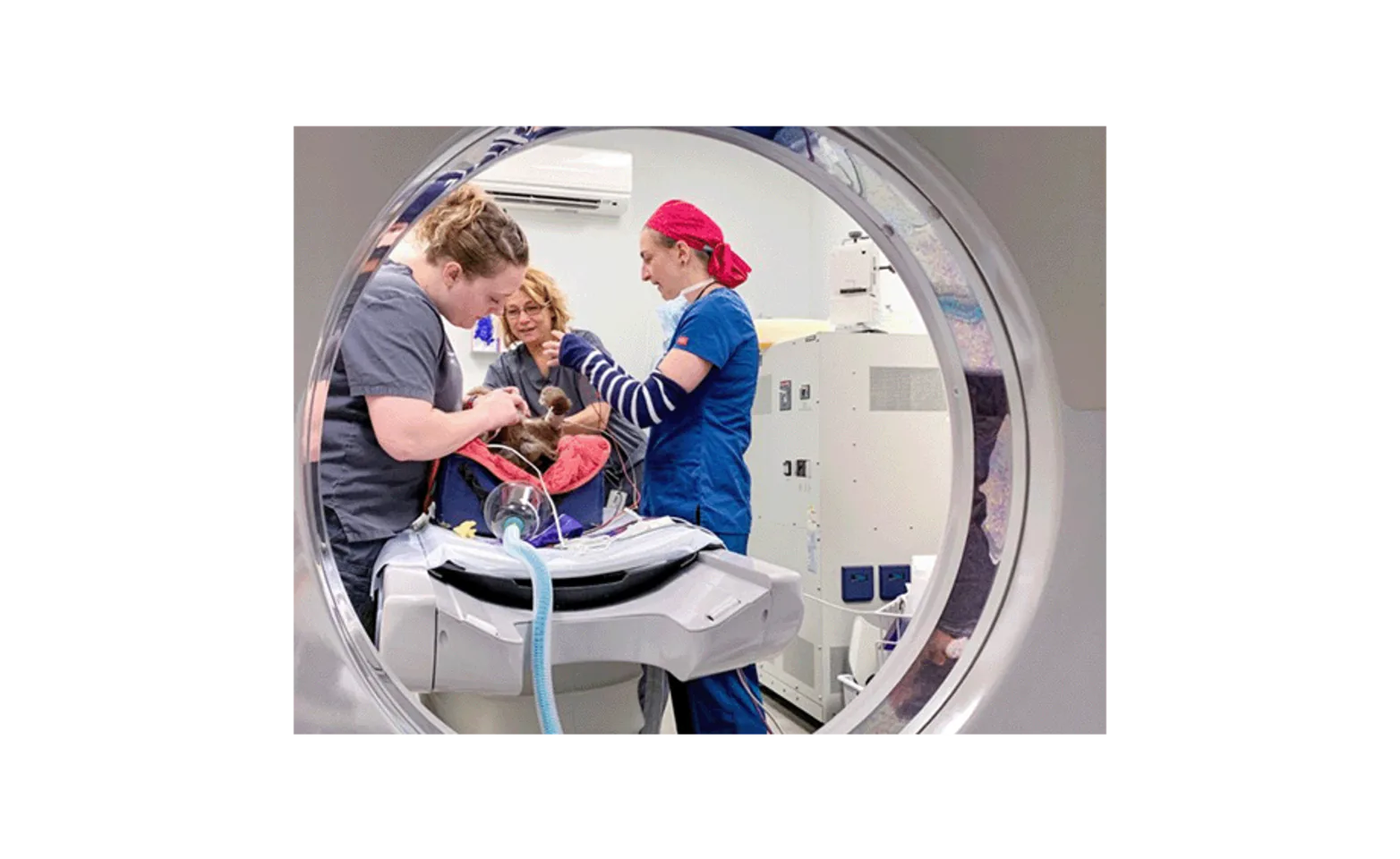Bulger Veterinary Hospital



Highlights of Diagnostic and Therapeutic Options
Below are some services we offer. Please contact us for a full list of services.
CT
Digital Radiography
Ultrasound: Abdomen, Cardiac, Thoracic, Musculoskeletal
Video Scoping: Cystoscopy, Endoscopy, Rhinoscopy, and more
Minimally Invasive Surgery: Arthroscopy, Laparoscopy, Thoracoscopy
Ophthalmic Diode Laser System, Phacoemulsification surgery, Operating Microscope
Transfusion Medicine
Electromyography (EMG)
Echocardiogram & Electrocardiogram (ECG)
Spinal Tap





